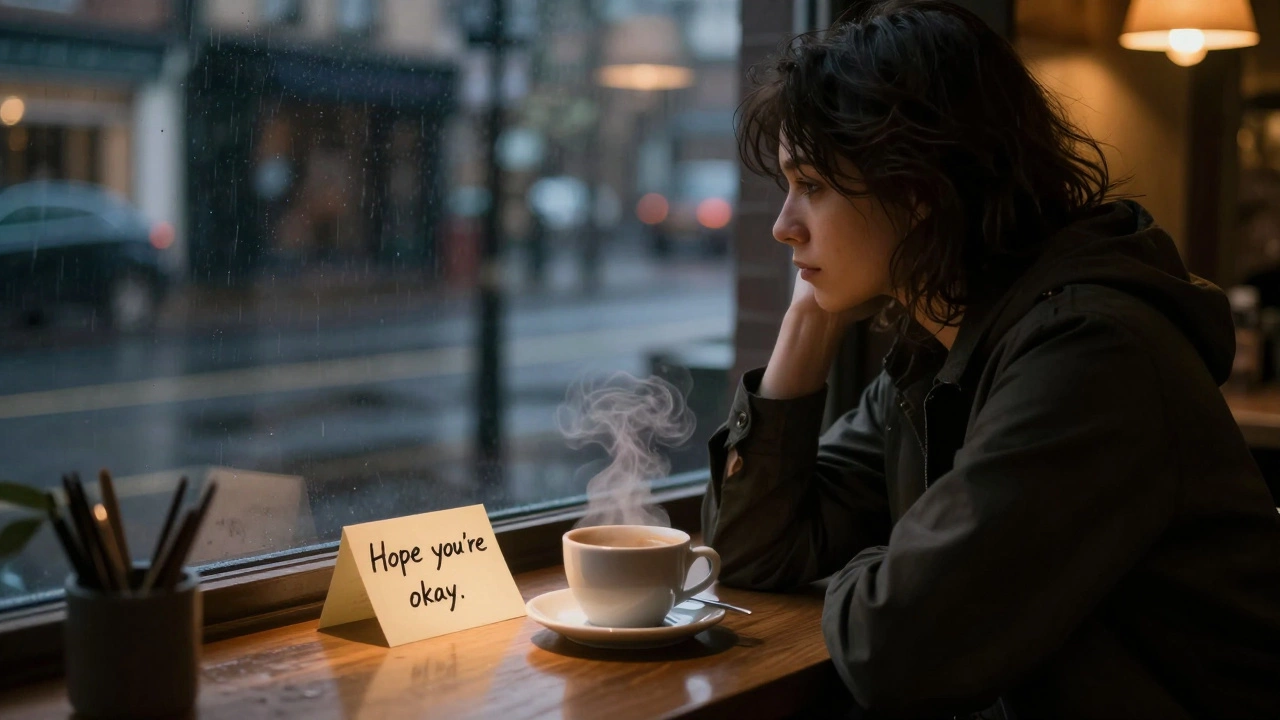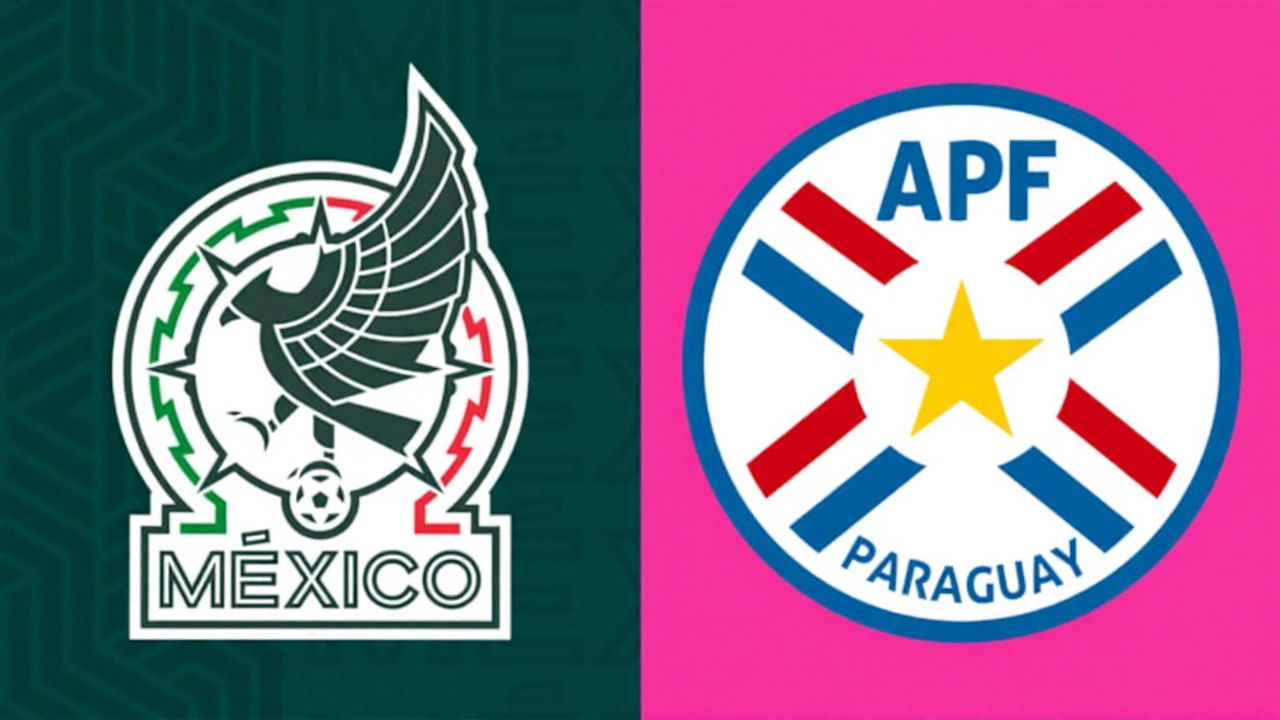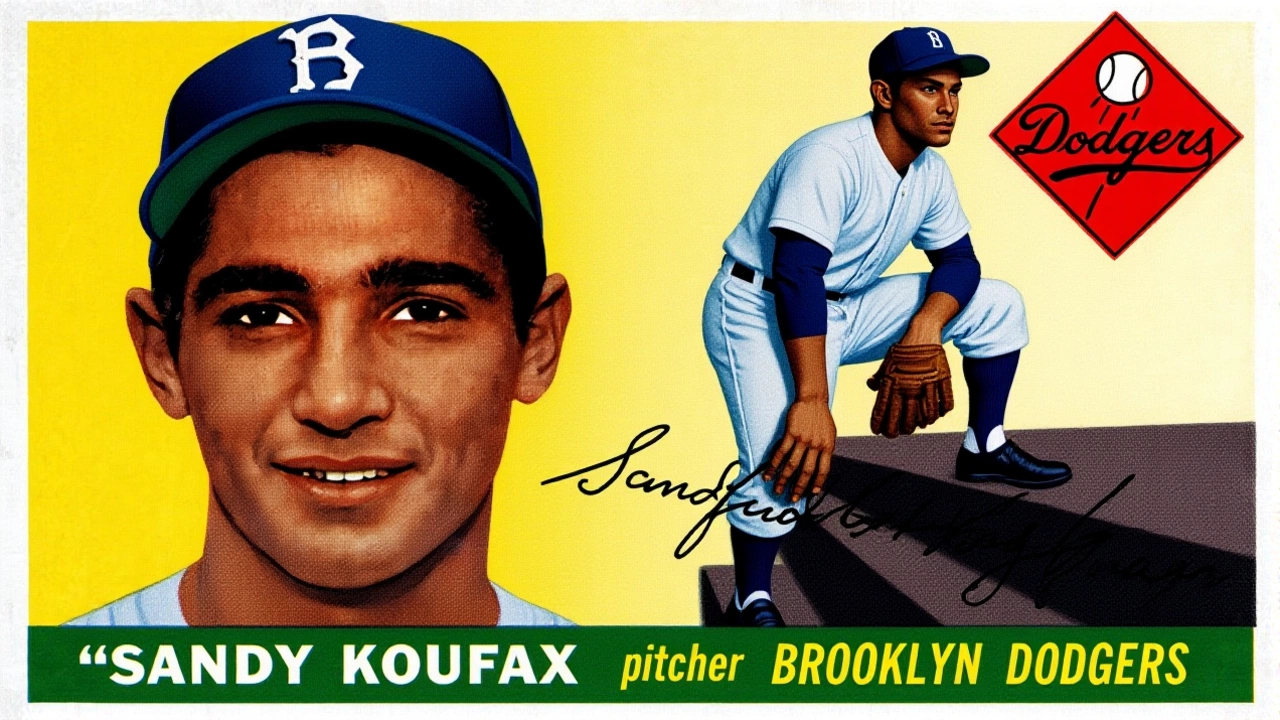Poetic Sparkle Media

- Dec 5, 2025
- Caspian Warwick
- 0 Comments
Escort in France - Why Independence and Adaptability Make Private Services Stand Out
Private escort services in France offer more than companionship-they offer freedom, adaptability, and genuine human connection. Discover what makes independent escorts in Paris and beyond stand out.

- Dec 4, 2025
- Caspian Warwick
- 0 Comments
Taking Us Seriously: Why Being Heard Matters More Than Ever
Being taken seriously isn't about sounding perfect - it's about showing up as yourself. Learn why authenticity beats performance, how small acts of listening change lives, and what happens when you stop trying to please everyone.

- Nov 28, 2025
- Caspian Warwick
- 0 Comments
No Such Film Exists: 'Wicked: For Good' Is a Fictional Report, Not a Real Release
No sequel to 'Wicked' titled 'Wicked: For Good' exists — it's an AI-generated hoax. Universal Pictures, MPAA, and industry outlets confirm no such film is in development. The real story? PG-rated films are surging for legitimate reasons.

- Nov 26, 2025
- Caspian Warwick
- 0 Comments
Braxton Berrios' TD Gives Texans Early Lead, But Vikings Win 20-10 in Preseason Opener
Braxton Berrios' 14-yard TD gave Houston Texans an early lead, but Minnesota Vikings won 20-10 in preseason opener, with Max Brosmer sealing the win and J.J. McCarthy returning from injury.

- Nov 24, 2025
- Caspian Warwick
- 0 Comments
Jahmyr Gibbs' 69-yard OT TD lifts Lions over Giants 34-27 in dramatic Week 12 win
Jahmyr Gibbs scored a 69-yard OT touchdown to lift the Detroit Lions over the New York Giants 34-27 in Week 12, pushing Detroit to 7-4 and all but ending New York’s playoff hopes.

- Nov 23, 2025
- Caspian Warwick
- 0 Comments
Piedmont Bulldogs Stun Gordo 28-13 to Advance to AHSAA Class 3A Semifinals
Piedmont Bulldogs defeated Gordo Green Wave 28-13 in the AHSAA Class 3A quarterfinals on Nov. 21, 2025, advancing to face undefeated Mars Hill Bible in the semifinals. Cole Austin and Rollie Pinto led the offense in a dominant home win.

- Nov 21, 2025
- Caspian Warwick
- 0 Comments
Paraguay Edges Mexico 2-1 in San Antonio to End Mexico’s Troubling 2025 Campaign
Paraguay defeated Mexico 2-1 in San Antonio on November 18, 2025, ending Mexico’s international campaign on a low note. Goals from Sanabria and Bobadilla overwhelmed a disjointed Mexican side, raising alarm bells ahead of the 2026 World Cup.

- Nov 20, 2025
- Caspian Warwick
- 0 Comments
Curaçao Makes History as Smallest Nation to Qualify for World Cup as Costa Rica Crashes Out
Curaçao made history as the smallest nation ever to qualify for the World Cup, while Costa Rica crashed out after failing to qualify for the first time since 2006 on dramatic final matchday of CONCACAF qualifiers on November 18, 2025.

- Oct 28, 2025
- Caspian Warwick
- 0 Comments
Sandy Koufax’s Debut: A Wild Start to a Hall of Fame Career
Sandy Koufax's wild, injury-delayed debut for the Brooklyn Dodgers on June 24, 1955, marked the unglamorous start of a Hall of Fame career that would include three World Series titles and 2,396 strikeouts.

- Oct 21, 2025
- Caspian Warwick
- 0 Comments
Buccaneers’ ‘Johnson & Johnson’ Duo Scores First TDs in 30-19 Win
Rookie wideouts Tez and Kameron Johnson each scored their first NFL touchdowns as the Buccaneers beat the 49ers 30-19, sparking a 'Johnson & Johnson' fan frenzy amid a receiver injury crisis.